

Feeling Safe
An easy read guide on protective behaviours

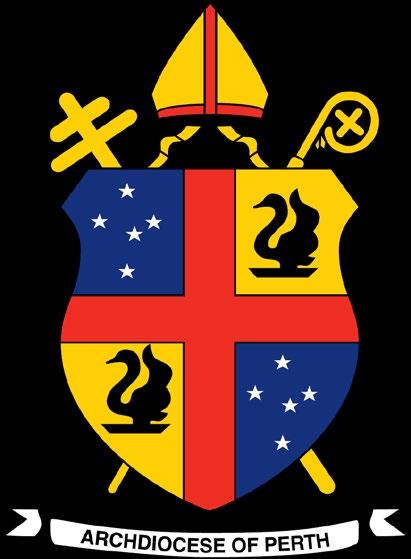

Feeling Safe
An easy read guide on protective behaviours.
Based on the Protective Behaviours Program by Peg Flandreau West.
© 2025 The Roman Catholic Archdiocese of Perth. All Rights Reserved.
No part of this book may be reproduced in any form without written permission of the copyright owners.
No responsibility is accepted by the producer, publisher, or printer for any infringement of copyright or otherwise, arising from the contents of this publication.
Published in Australia by The Roman Catholic Archdiocese of Perth. www.perthcatholic.org.au
An online version of this book is available at safeguarding.perthcatholic.org.au
About this book


The Catholic Archdiocese of Perth Safeguarding Program Office made this book.

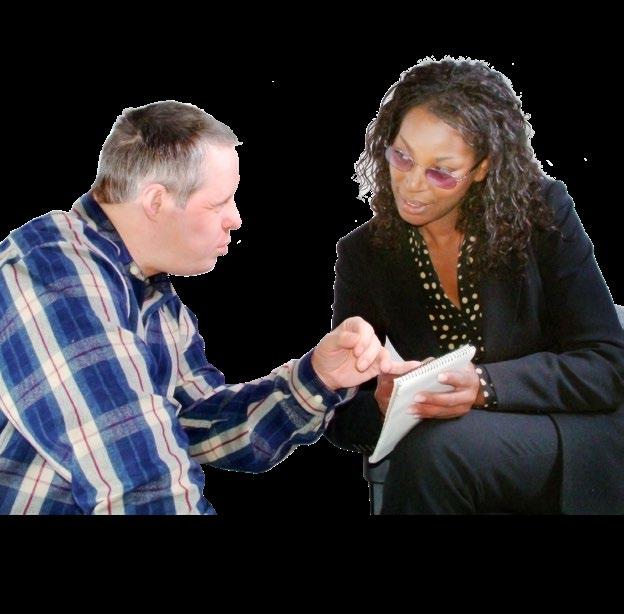

This is an Easy Read book. Important words are in bold and in blue.
It uses pictures to explain ideas.
Someone can help you
• read the book
• know what it is about
• find more information.






This book talks about



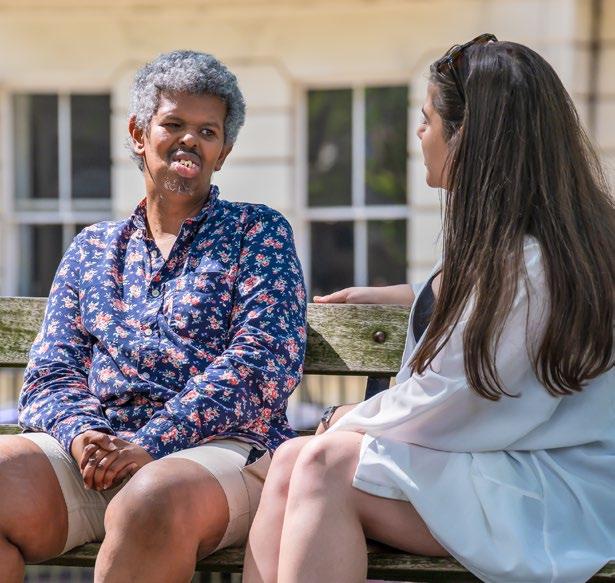

1. Safety
You have the right to feel safe.
2. Early warning signs
Listen to what your body tells you.
3. Support team
Ask people you trust for help.
God loves each of us.
God wants you to feel safe and be happy.
Protective Behaviours

It is a safety program that teaches you how to stay safe. It has 2 themes.

1. You have the right to feel safe at all times. You deserve to
• be treated with kindness
• be treated with respect
• feel safe.

2. Nothing is so awful that you cannot talk with someone about it. You can talk with someone if you feel
• unsafe
• scared
• worried.
Being safe is important




When you are safe, you feel
Understood People listen and get you.
Supported People are there to help you.
Welcomed You fit in and feel happy.
Protected
No one will hurt you.
Sometimes we do not feel safe




You might feel Confused
You do not know what is going on.
Worried
You feel upset and unsure.
Overwhelmed
You feel too much at the same time.
Scared
You fear something bad could happen.
Your body is very smart




Your body will tell you when you are not feeling safe.
Your body gives you early warning signs if something is not okay.
For example
• your heart might beat fast
• you need to go to the toilet
• you feel sweaty or shaky
• your tummy might feel funny.
With time, you can learn to notice your early warning signs. They can help to protect you.
Early warning signs can
be
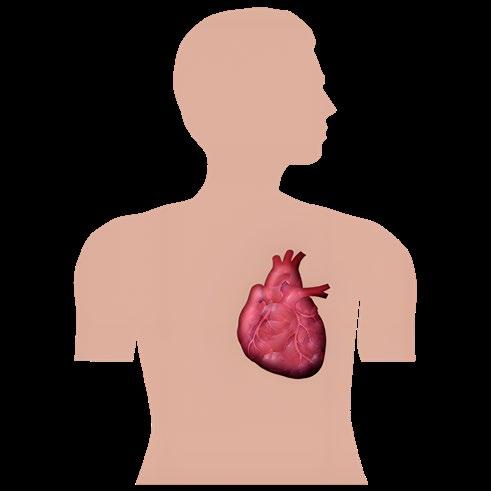



Heart beating fast
Your heart might beat quickly.
Needing to go to the toilet
You might feel like you need to go to the bathroom.
Sweat under your arms
You may feel a bit wet under your arms or a little shaky in your hands.
Butterflies in your tummy
Your tummy might have a funny fluttering feeling.
But these signs can also happen when you are
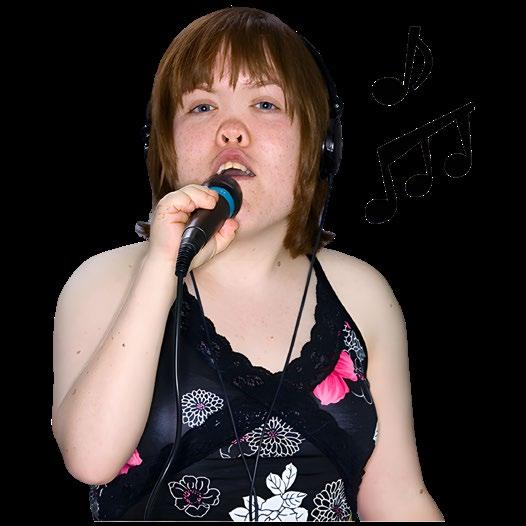



Trying new things
Like doing a new hobby or meeting people.
Doing a hard thing
Like starting a new job or having a hard talk.
Looking forward to something fun
Like before a holiday or a party.
The main thing is to listen to your body and look at what is going on around you.
Talk with a person you trust

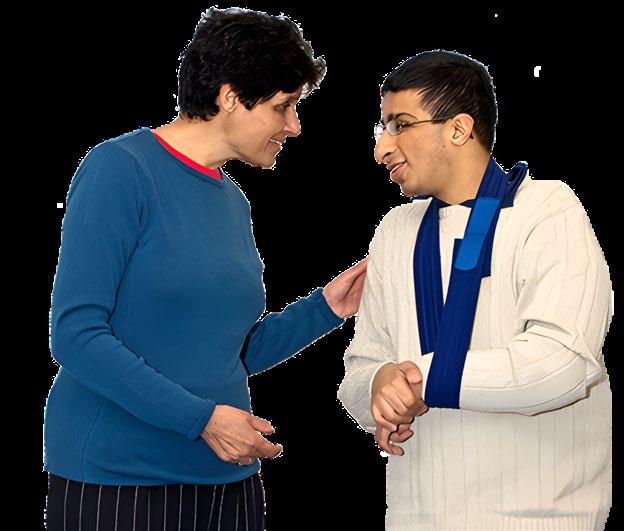


If you are not sure about the early warning signs, talk with a person you trust.
A person you trust is someone who
• listens
• understands you
• you feel safe with
• helps you work things out.
It is okay to talk about hard things. It can help you feel better.
Talking with a person you trust is best, even when it feels scary.
A helping hand is a support team

A helping hand is 5 people you trust. You can always talk with them if you feel unsafe or worried.

Your helping hand might be
• parents or guardians
• carers
• brothers or sisters
• friends
• or any adult you feel safe with.
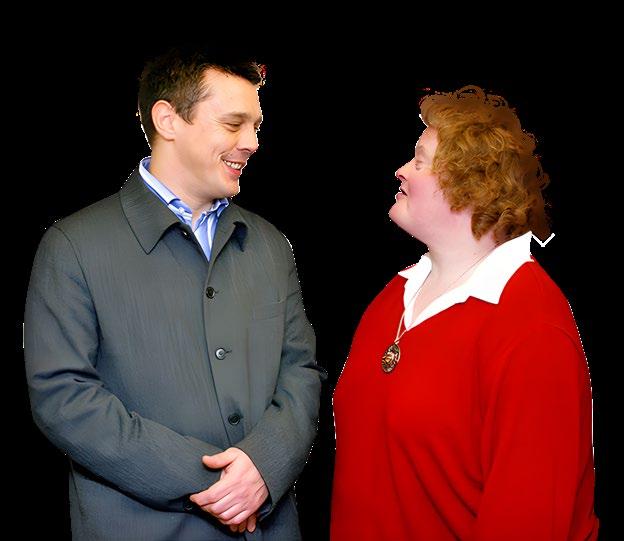
Choose people who
• believe in you
• listen to you
• take action to help you.
Always remember

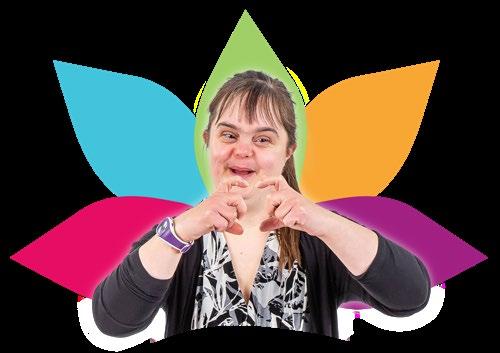

God wants you to feel safe.
You have the right to feel safe at all times.
Nothing is so awful that you cannot talk with someone about it.
We hope this book has helped you to


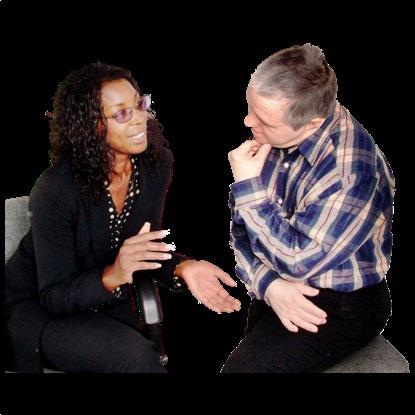
Know when you feel safe and when you feel unsafe.
Know you are not alone and can talk with someone you trust.





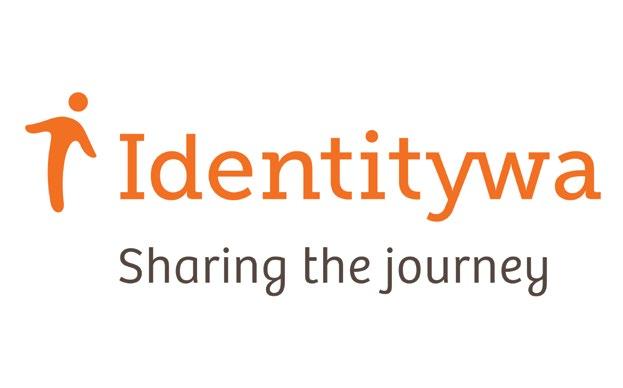


Here is some other helpful information
1800 RESPECT

1800 737 732
This helpline gives care to people who are hurt by others.
Lifeline WA

13 11 14
This helpline is for people who are upset and sad.
NDIS Quality and Safeguards Commission

1800 035 544
This helpline gives support when a NDIS service is not right or feels unsafe.
Health & Disability Services Complaints Office WA

1800 813 583
This helpline is for people who are unhappy with a non-NDIS service.

Helping Hand
Cut out this page and write the names of 5 people you trust on the hand.
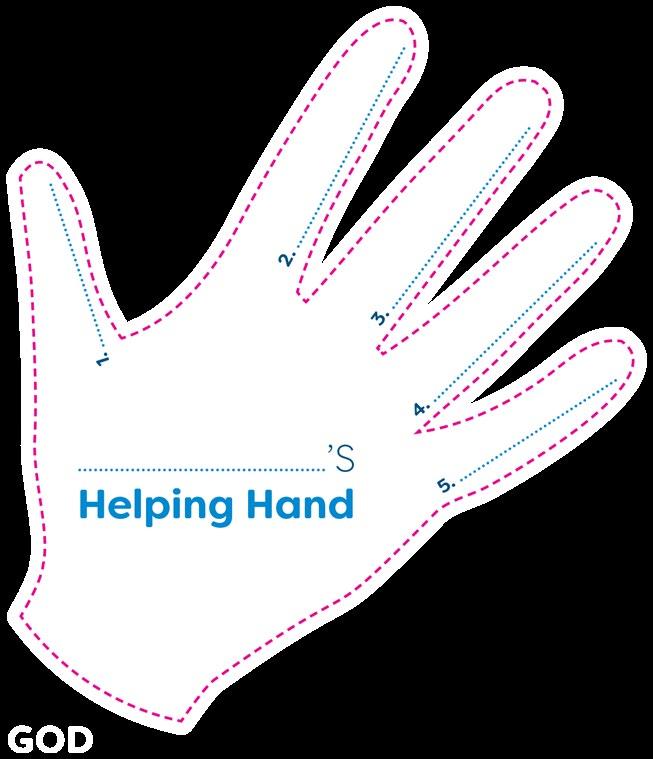

Acknowledgement
The safety and care of children and adults at risk is important.
I hope this guide helps adults at risk, their carers, and families feel safe and supported. Everyone should be treated with kindness, respect, and feel safe. Everyone should know that God loves them.
Thank you to
• Safeguarding Program Office
• Personal Advocacy Service
• Identitywa for helping to make this guide.
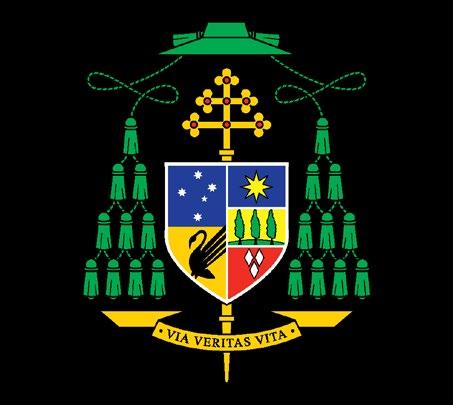

Most Rev Timothy Costelloe SDB Catholic Archbishop of Perth


